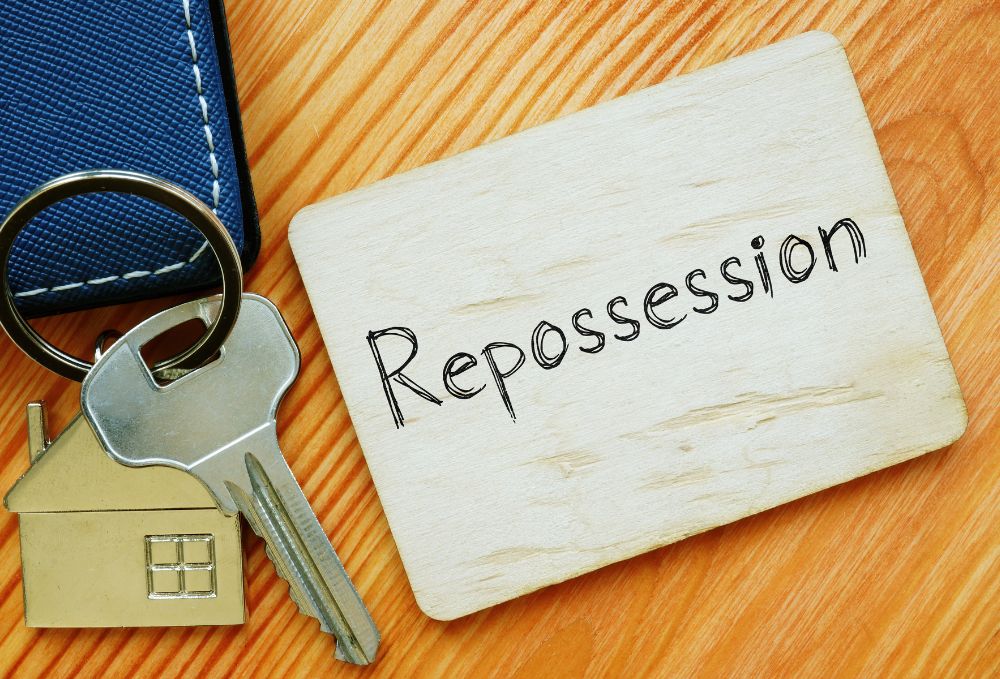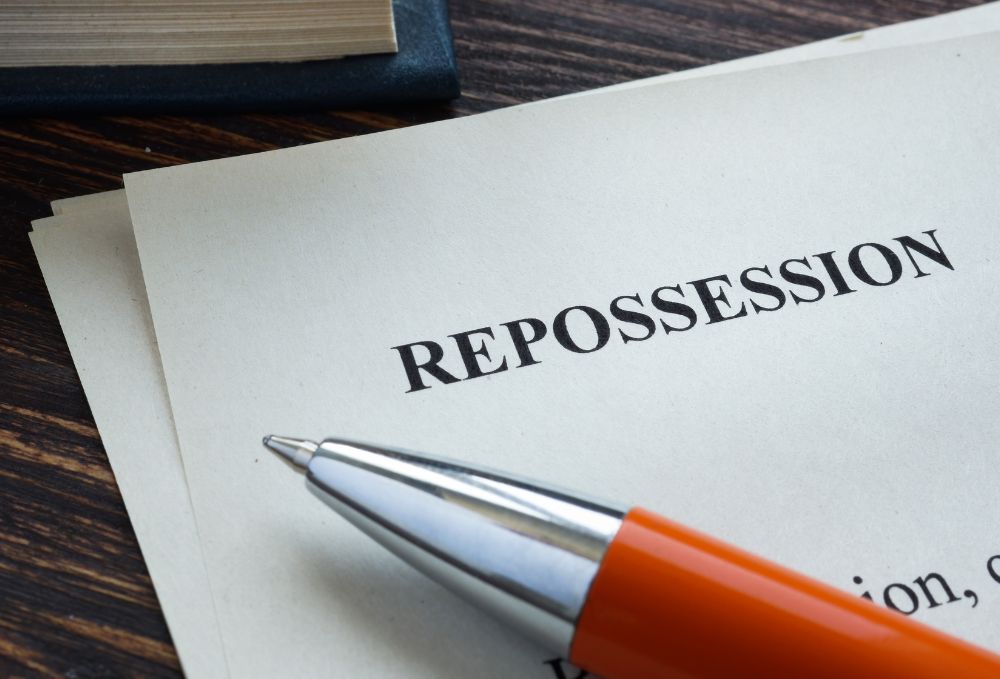July 15th, 2021. Tom Rowlands
What Happens When a House is Repossessed In the UK?
There are so many moving parts when it comes to solidifying a loan on a property, that naturally things can potentially go wrong further down the line. In this guide, we explain what happens when a house is repossessed in the UK and what you can expect to happen should you find yourself in this situation.

What is a Repossession Order?
Put simply, a repossession order is the first point of call in the repossession of property process. If you miss a mortgage payment, most lenders in the UK will give you the opportunity to provide reasoning. Mistakes happen and, if this is the case, banks are more often than not happy to listen.
However, if you repeatedly miss payments and become in arrears for 90-180 days, mortgage law dictates the lender is within their right to enact repossession of property. For this to start, the lender must get a judge to grant and then issue to you a repossession order from court.
What Happens When a House is Repossessed in the UK?
Failing to honour your side of the loan agreement by not meeting the required payments, means the lender will now do what is needed to reclaim the money loaned. If the loan is secured against your property, this will be done by selling the house, with most banks hiring professional estate agents or auction houses to get the sale completed.

Look out for those unexpected bills during repossession.
Potential additional costs you could end up owing
It’s common knowledge how volatile the housing market can be in the UK, so there may be difficulties when the lender comes to selling the house. If this is the case, you should be aware that additional costs could be added to what you already owe.
Additional costs may include:
- Interest payments
- Penalties
- Upkeep of the property
- Any repairs needed
- Legal fees
- Estate agent fees
If you’re worried about a repossession and the potential costs, it could be worth speaking to a property finance expert to get some guidance and advice
What is the Best Way to Deal with Repossession of Property?
A situation as stressful as this will never be easy, but there are some simple steps you can take to minimise the fallout and effectively deal with a repossession of your property.

Bankers are humans to you know – open a conversation with your lender. With the support of a property finance team, you could be pleasantly surprised at the outcome.
Establish a dialogue with the lender
The first thing you must establish is a dialogue with the lender you opted with.
Let your lender know the reasons why you may have missed payments. The best way to do this is to secure the help of an expert financial team to navigate the best route and line of conversation on your behalf.
Remember, there may be options available to you to refinance. There are plenty of avenues you can explore to avoid or reduce the impact of repossession.
Then, if you find yourself having to proceed with the repossession order from court, you’ll have an experienced financial team to ensure you’re not doing it alone and some of the stress will be relieved.
How Can Pure Property Finance Help?
At Pure Property Finance, we build bespoke finance deals that suit our clients’ specific needs. This includes affordability checks to ensure payments can be made, and repossessions are avoided.
However, circumstances change, and we want to make sure a situation like this doesn’t get the better of you, or effect future investments too much. If you have previously had some financial difficulties, we have a wealth of expertise in residential bad credit mortgages and are always happy to help.
Our friendly team can immediately help alleviate the stress you may be under, so contact us today, and let’s find solutions together.
Article By Tom Rowlands
July 15th, 2021
Tom joined Pure Property Finance in 2017 after a career as a Client Wealth Manager, where he spent just under 3 years advising on financial and tax planning. Tom specialises in bridging finance and property development funding, having completed deals ranging from a simple £30K property purchase through to £2m+ mixed-use developments.
See more articles by Tom





